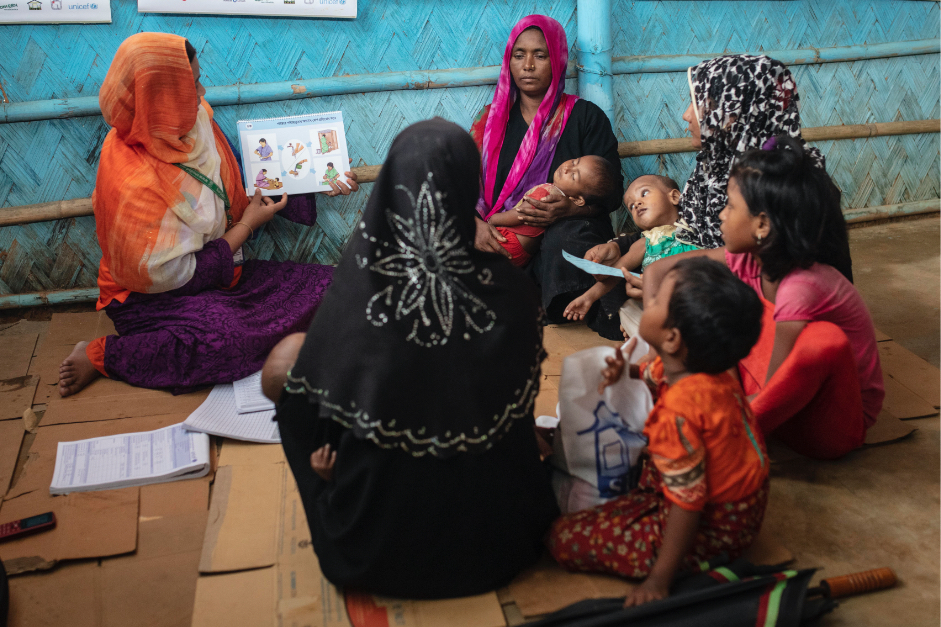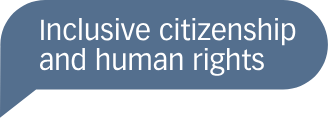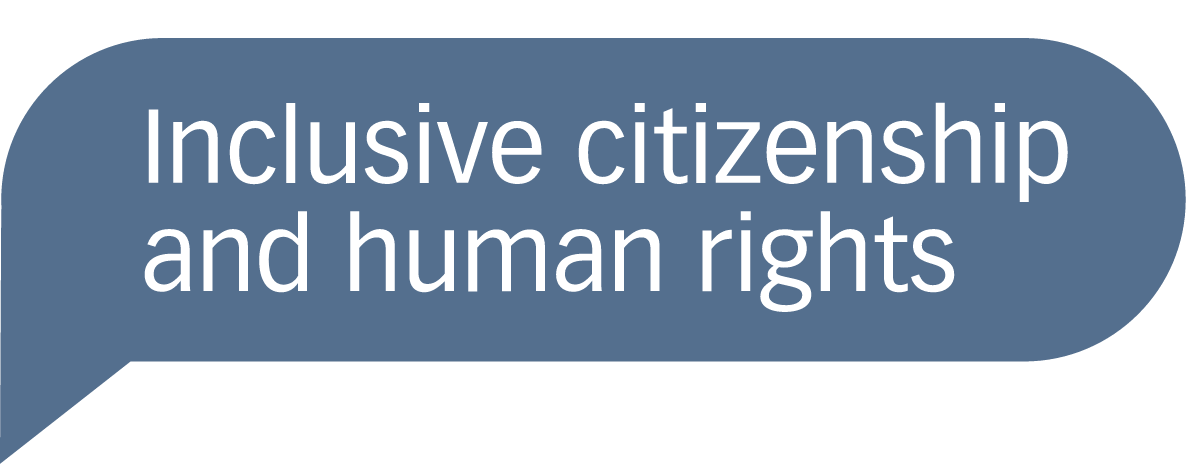
The 2008 Constitution of Myanmar, enacted under a military-dominated government, reflects a national vision shaped by ethnicity and religion. It grants special status and privileges to 135 officially recognized ethnic groups within eight broad categories. Communities excluded from this list, such as the Rohingya, Indian, and Chinese descendants, are denied legal recognition and full citizenship. Even among recognized groups like the Kachin, Chin, and Karen, they have continued to experience marginalization and discrimination. Decades of exclusion, violence, and ethnic hierarchy have been reinforced by this identity-based system and its political practice.
Marginalization of ethnic and religious minorities
In addition to the official classification of national races, the process of ‘Burmanisation’ has also contributed to the exclusion of certain groups in Myanmar. Recognition as a national race requires proof of original Burmese ancestry, a criterion that privileges identities associated with Buddhism and the Burmese language.
Myanmar’s National ID cards, therefore, include information on both ethnic identity, such as Bamar, Karen, Shan, or Mon, and religious identity, such as Buddhist, Christian, or Muslim. To prove ethnic identity, individuals must submit ancestral records, a family tree, and household registrations. These administrative process, combined with the disclosure of religious identity, often results in the exclusion of religious minorities within specific ethnic groups.
For example, the Karen, with distinct languages, traditions, and cultural practices from the dominant Bamar or Shan communities, face obstacles in securing identity documents. Those adhering to Christianity or Islam experience further discrimination. In some cases, newborns are denied birth certificates because their parents cannot prove Burmese ancestry.
Read more here on the persecution against ethnic and religious minorities in Myanmar.
Exclusion and the Denial of Citizenship: The Rohingya
The Rohingya Muslims of Rakhine State represent one of the largest stateless populations in the world. Despite their long-standing presence, they are not recognized as one of Myanmar’s official “national races.” Since the 1960s, they have faced systematic exclusion and state-led discrimination, culminating in waves of violence and displacement.
In 2016–2017, attacks by a small Rohingya insurgent group triggered a military crackdown marked by mass killings, sexual violence, and village destruction. Over one million Rohingyas fled to Bangladesh, where they now live in Cox’s Bazar, the world’s largest refugee settlement. Today, they remain among the most persecuted minorities globally, denied fundamental rights and trapped in cycles of statelessness and displacement both within and beyond Myanmar.
Visit our topic page Genocide & Mass Atrocities to explore distinctions between genocide and other mass atrocity crimes, as well as related prevention strategies and gender perspectives. The case of the Rohingya can serve as a lens to reflect on and deepen this understanding.
Fernand de Varennes – Statelessness in the Case of Rohingya
Refugees and statelessness
Statelessness does not automatically result in refugee status. However, lack of citizenship can increase vulnerability to persecution and displacement, often leading individuals to seek refugee protection. Many Rohingyas denied citizenship in Myanmar are also denied legal migrant or refugee status in host countries, leaving them in legal limbo with limited access to rights and protections.
Documentations: Proof of Belonging
Proving citizenship in Myanmar is complex, with the burden of proof placed on individuals. Even when they meet the formal criteria, for minorities such as the Rohingya, Kachin, and Karen, acquiring the documentation required for citizenship is often impossible due to restrictive administrative procedures.
Obtaining a national ID card, the only valid proof of full citizenship, requires household registration, a family tree covering three generations, and original birth certificates.
Denied Birth Registration
Birth registration depends on parental identity documents. When parents are stateless, their children inherit that status. Many Karen and Rohingya children are thus denied birth certificates, perpetuating intergenerational statelessness.
Same is the situation of Rohingya children born in refugee camps or temporary accommodations in countries like Bangladesh and Thailand. They are typically unregistered and lack legal identity or refugee status. As a result, they face double marginalization, excluded from both Myanmar and their host countries.
Fahmina Karim – Lack of Birth Registration: Impact on Rohingya Children
Impact on Basic Rights
Rohingya children have long been denied access to education and healthcare in Myanmar. Similar challenges persist for those living in refugee camps in host countries such as Bangladesh, where they continue to face the effects of persecution and marginalization.
Related Resources
Find digital tools produced in cooperation with partners and researchers from different regions.
Coverphoto: by Andrew Renneisen/Getty Images




